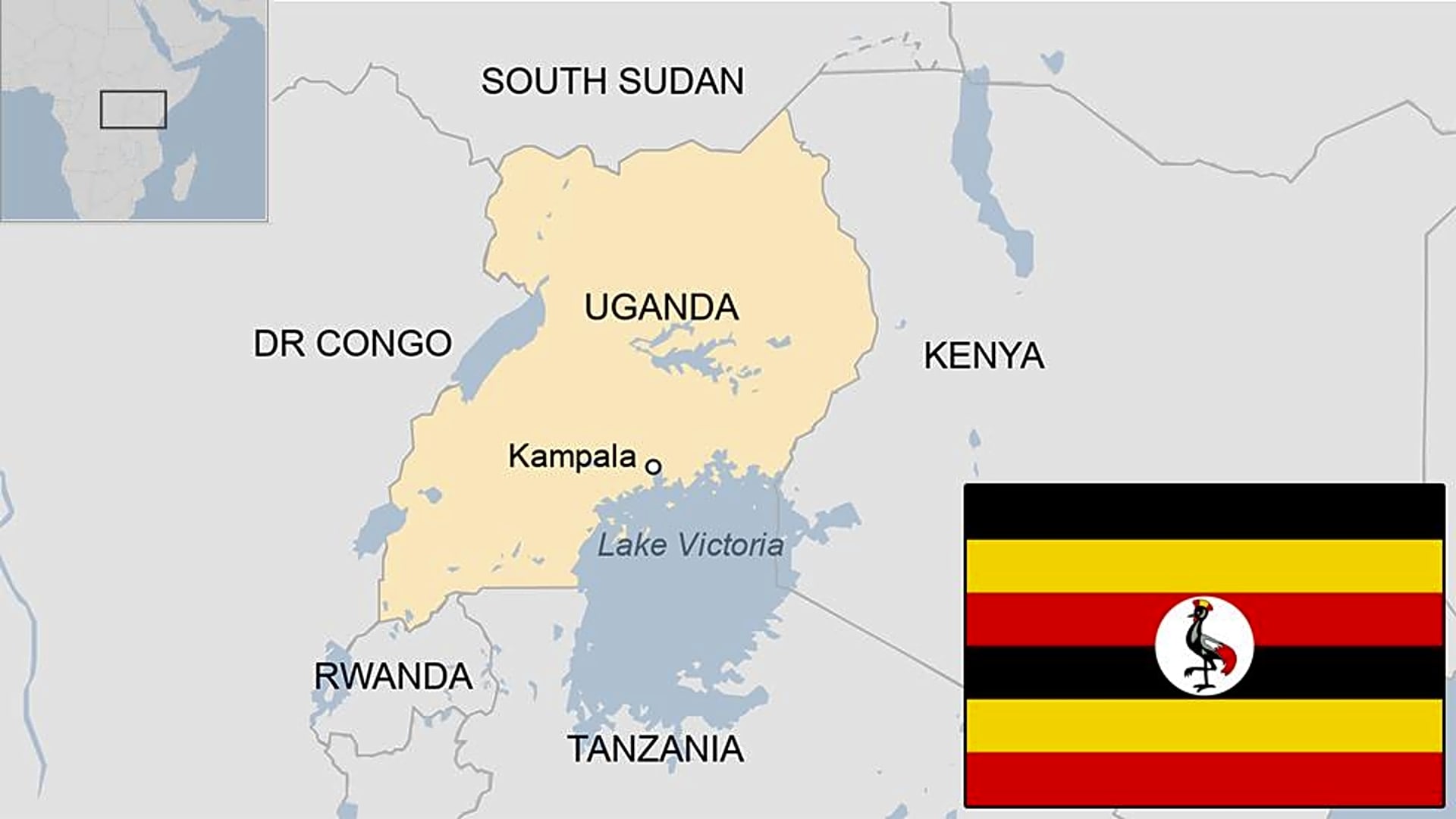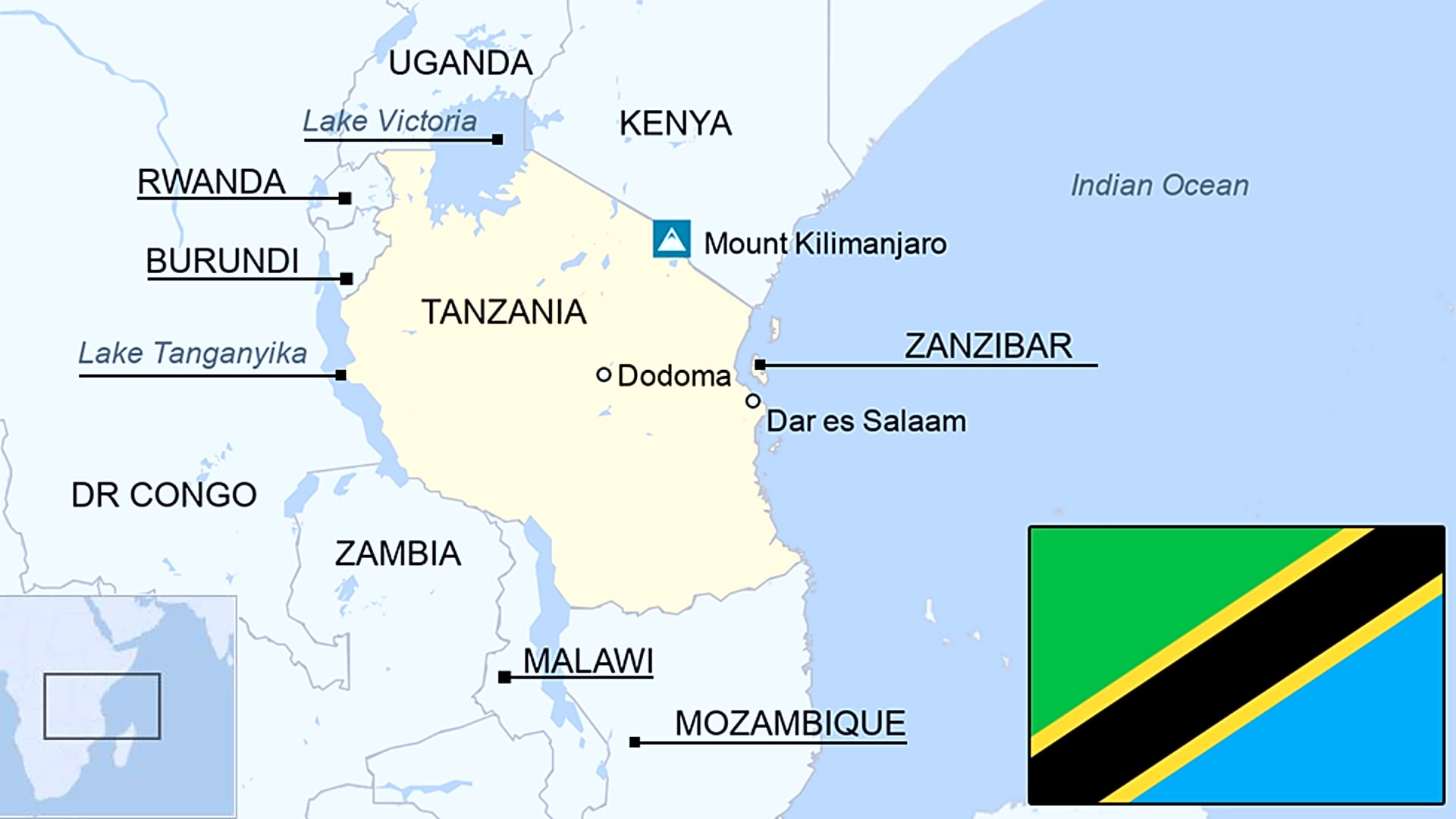Summarized by AI Model:google/pegasus-cnn_dailymail
DigMo was developed for underprivileged customers and has a license from the Bank of Zambia to run a wallet .James Chona has been named Chairman and will provide guidance on DigMo's growth in Zambia .Traditionally, wealthier and upper-middle-class clients have been the target audience for financial planning services in Africa . DigMo is a brand-new financial services provider that offers low- and middle-class Zambians gamified wealth-building solutions. The fintech, which was developed for underprivileged customers and has a license from the Bank of Zambia to run a wallet, gives them access to interesting products with attractive rewards. James Chona has been named Chairman and will provide guidance on DigMo’s growth in Zambia as part of the initiative to increase the organization’s skills and reach.
Traditionally, wealthier and upper-middle-class clients have been the target audience for financial planning services in Africa. Pricing, messaging, and incentives all reflect this. They are designed for those who are content with gradual, steady returns and can afford to put money away for the long run. This ignores a sizable and expanding group of people with low and moderate incomes. With increased access and cutting-edge products for digital lending and payment services, formal financial services have been able to better offer these clients in recent years. However, there is still much work to be done in terms of product innovation and equitable access to financial planning services, such as investments, hedging, and savings.
DigMo fills this need by providing a free, safe digital money account that allows users to play a “financial planning game.” It is easy to use and encourages clients to begin saving for the future. DigMo hopes that by offering customers the opportunity to win significant prizes, they will develop long-lasting habits. The acquisition of non-financial assets, including as cattle and highly liquid items, is currently a significant aspect of many Africans’ life and is known as informal planning. There must be an additional push and greater innovation in this area to get the general public to plan using more formal and effective approaches.
DigMo wallet’s “Save to Win” feature, which was initially introduced in Zambia, provides a simple, cost-free method of consistently saving money with possible benefits. Savings encourage investment, which in turn spurs economic expansion, and DigMo’s user-friendly financial services model encourages entrepreneurship and economic empowerment. Users can strengthen their ability to achieve financial objectives, maintain economic stability, or even launch a business. With prize pools increasing as participation rises, Save to Win gives users the opportunity to save small sums, starting at just 10 ZMW (about USD 0.37), for a chance to win rewards up to 500,000 ZMW (about USD 18,400).
DigMo guarantees safe, inexpensive account formation through a relationship with Africa-focused compliance tech company pawaPass, lowering risk and enabling the provision of reasonably priced products to this market niche. DigMo is positioned for future growth thanks to this partnership, which also reduces delivery costs and keeps consumers safe. Sylvia Brune, CEO of DigMo Group, stated during the DigMo launch that the company is dedicated to bringing financial planning innovation to low- and middle-income earners in Africa. We take a gaming studio strategy to achieving this significant impact, continuously developing and testing a large number of new items until we identify those that have a significant impact. It is unlikely that we can significantly alter behaviour if we simply make the current products more available or affordable. DigMo, a solution that would significantly enhance consumers’ financial well-being and cater to their specific needs, was developed through direct user engagement, observation, and learning.
James Chona, who has over 25 years of experience in telecom, fintech, and technology, joins DigMo from Zamtel, where he was Chief Commercial Officer. Prior to joining Zamtel, he served as the director of Airtel Money in Zambia and the CEO of Opay. James, in his capacity as Chairman, will be collaborating closely with the DigMo team, offering advice on DigMo in Zambia, growing alliances, and scaling operations to close the gap in financial inclusion by providing easily accessible digital products that encourage the underprivileged to engage in the formal economy.
“Joining DigMo comes at a crucial moment for advancing financial inclusion in Zambia,” James Chona said in response to his new position as Chairman. From high payment fees and inflation to restrictive financial products with complicated conditions and lock-in periods that frequently discourage long-term investment, low and middle-income workers in Africa face numerous obstacles. By upending conventional financial planning techniques and concentrating on the true motivations and behaviours of African consumers, DigMo is reinventing financial planning. Joining DigMo and helping to further its aim of providing innovative and easily accessible financial products to individuals in need in Zambia and beyond the continent is an immense honour for me.
DigMo is well-positioned to grow throughout Africa and open up financial opportunities for people who were previously shut out of the official economy. The National Financial Inclusion Strategy II (2024–2028), which outlines the government of Zambia’s current goal to accelerate financial inclusion to 85%, is closely aligned with DigMo’s launch. The team is collaborating closely with partners and authorities to make sure DigMo satisfies strict security and compliance requirements in order to accomplish this purpose. PawaPass’ sophisticated KYC and security features, such as facial biometrics and low-touch data points, which enhance data security and fraud detection and greatly enhance user protection measures in the Zambian market, further support this effort.
We are bringing this innovative approach to Africa with Save to Win, and our next products, inspiring a new generation to build financial resilience and achieve their dreams. Brune concludes: “When Mr. Macmillan introduced the prize account, it initially faced opposition from his peers but successfully encouraged millions to develop healthy financial planning habits.” Save to Win builds on a tried-and-true concept first introduced in England in 1956, now known as Premium Bonds. Originally championed by then-Chancellor of the Exchequer, who later became Prime Minister, Harold Macmillan, the model encouraged saving by appealing to those drawn to the excitement of potential rewards over traditional interest.


